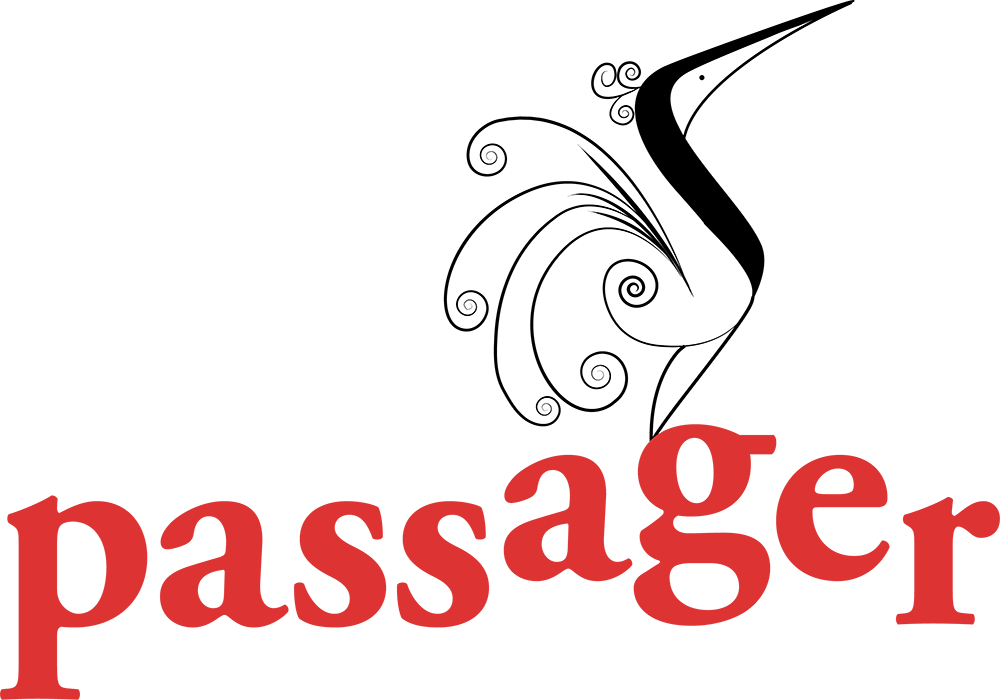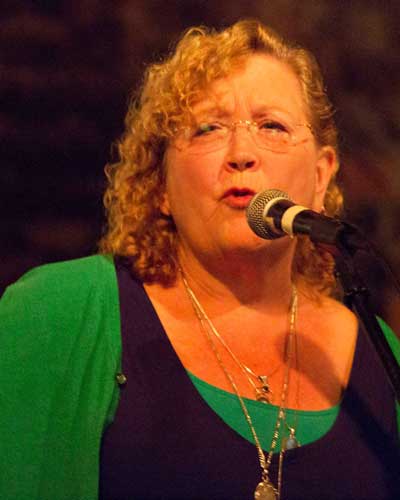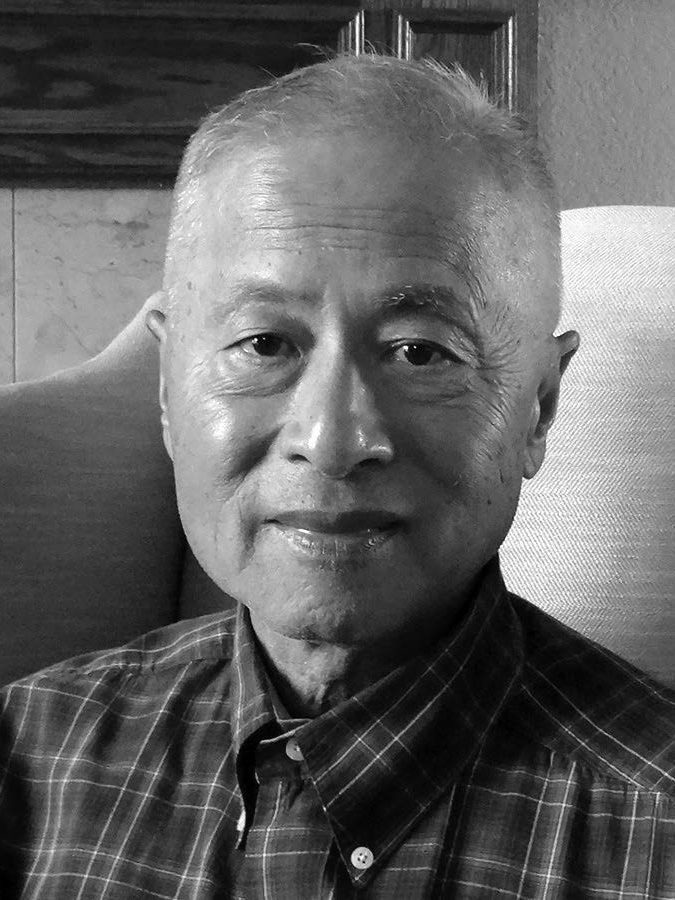A Peek at the New Issue

Two pieces from the forthcoming issue of Passager, from Elaine Logan and Michael Salcman.
6 minutes
TRANSCRIPT
On this episode, two pieces from the newest issue of Passager.
Elaine Logan grew up on the grounds of a tuberculosis sanatorium in the Appalachian mountains of central Pennsylvania. Now 85, she said that as the pandemic deepened last spring, feelings of isolation were similar to those she felt as a child. Here’s an excerpt from her memoir “For Your Trouble.”
Breathing was what the whole place was about. In those years, during and after the Depression and on through the early 50s, before antibiotics were developed to treat it, tuberculosis was common, contagious and often fatal. If patients recovered, their lungs were permanently damaged, and their health severely compromised. They were often sent to the mountains — to places like Devitt’s Camp, a tuberculosis sanatorium — to “cure.” The idea was to rest and breathe good, clean, restorative air. Those cures would go on for at least a year, and often for many years, while the patient rested and walked, slowly, timorously, wrapped in woolen bathrobes and caps on wide porches just outside their rooms, and breathed the good, highly-oxygenated Appalachian air. When they grew tired, they reclined, bundled in blankets, on wooden deck chairs and continued to breathe as deeply as they were able.
There was much coughing in those rooms and on those porches, much gagging and hacking and spitting up globs of phlegm. For that purpose, they carried, or had at their bedsides, lidded waxed-paper cups to collect the sputum for the lab technician. After a bout of coughing, the patients would lie back, exhausted, perspiring and gasping.
As they regained their health, some would dress to stroll on the porches. They might even walk the fifty yards to the Rec, a center for a game of billiards, or to watch movies and newsreels every Tuesday and Friday evenings . . . The patients also watched the birds and tamed the chipmunks and squirrels who ventured near for tidbits from meal trays. They read, listened to radio broadcasts, and some, if they had the strength, took up painting and sketching, needlework or knitting . . .
Every afternoon, from one to three o’clock, a period of quiet and rest was observed on the hospital grounds. No visitors were allowed. Workmen laid aside their hammers and didn’t run lawn mowers; staff did tasks in their labs or at their desks; the hospital kitchens were sub-dued. The few children who lived on the grounds were admonished to “keep-it-down” — no roller-skating or sledding or screaming like banshees in games of tag.
When rest time was over, the French doors to each room opened and patients emerged to stretch and breathe and visit with each other on the porches. By that time of day, the sun was already behind the mountain ridge that sheltered the campus. The air, which had streamed up from the valley below all morning, bringing warmth and odors from the fields and the Susquehanna River, began its reversal. In mid-afternoon, the air, cooled on the granite boulders and filtered through dense growths of hardwood trees, filled with oxygen and scented with evergreen, would swoop down from the heights.
This fine air was the main reason that Dr. Devitt had selected that particular spot for his hospital.
An excerpt from Elaine Logan’s memoir “For Your Trouble.”
Michael Salcman was born in Pilsen Czechoslovakia shortly after WWII ended. He said, “People growing up in Central and Eastern Europe between the two World Wars needed a knowledge of multiple languages. My mother remembers going to the opera and hearing the soprano, the tenor and the bass all singing in different languages. My father was fluent in seven languages, including Yiddish and Hebrew, and was least facile in English. I am a linguistic failure.” Here’s Michael Salcman’s poem “No Translations for Love.” It begins with this epigram from Derrida:
“Every text remains in mourning until it is translated.”
No texts of mine weep in the Czech of my home country,
a rough language I shamefully never learned
because Mom and Dad spoke it in secret
so as not to interfere with their child learning English.
And none of my texts ever yearned for the accent
of those who drove us here, a tongue my father swore
to never voice again, a promise that he kept.
Some texts mourn imperfect French, on which I spent
painful years in Brooklyn’s public schools,
a skill further confused by my coarse college Spanish,
the lingua franca of my conversations with the sick.
Never mind the real pity, hopeless years of Sunday school
and sad pages wishing for Amichai’s Hebrew,
especially those poems about you and love and the city.
“No Translations for Love,” by Michael Salcman.
Both Michael’s poem about language and Elaine’s description of the TB Sanatorium are from Passager Issue 70. Assistant editors for this issue were Shirley Brewer, Sylvia Fischbach-Braden, and Rosanne Singer.
To purchase Issue 70 or to learn more about Passager and its commitment to writers over 50,
go to passagerbooks.com.
You can download Burning Bright from Spotify, Apple and Google Podcasts, and various other podcast apps.



